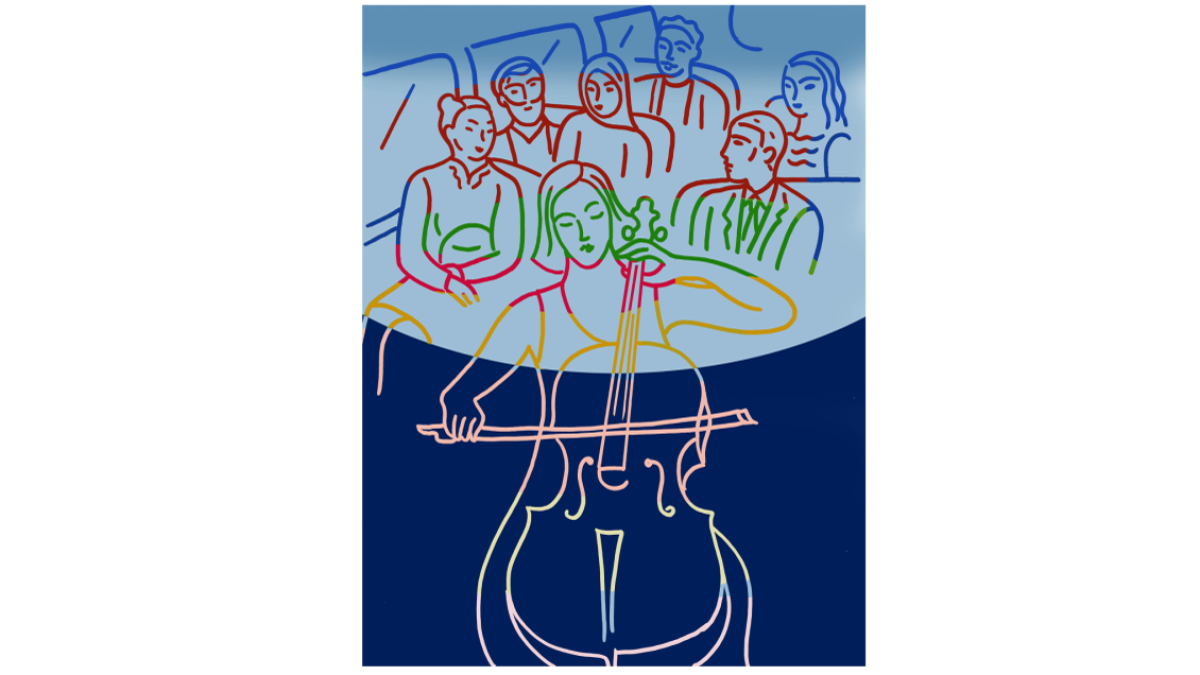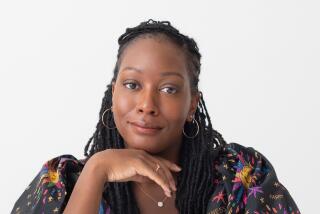Op-Ed: A mother’s Southern discomfort

- Share via
My daughter, Thea, a cellist, is spending the summer in Montgomery, Ala. She was thrilled to land a job there playing in the orchestra at Montgomery’s Shakespeare Festival.
But the whole idea of it made me nervous. I couldn’t stop thinking about how, 53 years ago, my older brother David left our mother’s house in Maryland to spend part of his summer in Montgomery challenging Jim Crow.
The first bus of Freedom Riders to make the journey that summer had been set on fire, and when the riders could finally escape, sheriffs and the Ku Klux Klan were waiting for them with baseball bats, iron pipes and bicycle chains. The second bus had been brutally attacked as well, and the white riders were beaten with particular ferocity and then turned away from the local hospitals. My brother was scheduled to go in the next wave.
The day before his trip, David arrived home from college with the two black friends who were going with him. Our next-door neighbors stood in their driveway and stared as the young black men in sport jackets and ties entered our house. My frequent playmate Wayne turned to his mother and said, “Mama, they’re colored!” Wayne wasn’t allowed to play with me after that, and his parents quit speaking to my mother.
My brother and his friends left the next morning on a bus from Washington, D.C., that would take them south. My mother and older sister were proud of him, but they couldn’t hold back their tears as the bus pulled out. My worried mother cried for the next three days. I was just 5 years old, but I remember how the news was on nonstop on our black-and-white television. Every time the phone rang my mother leapt for it.
Finally she got a call that my brother had been arrested, but not badly hurt, and would be released and sent home. She cried again, this time with relief.
Thinking about it all recently, I understood for the first time that, ever since my brother got on that bus, I’ve been afraid of the South.
When my daughter called from Montgomery, I tried to sound casual as I asked her how she liked the city. It’s so pretty, she said, so green and lush. Too hot and too humid, but everybody is so nice.
Everybody? I was skeptical. Then I just came out with it and asked her if Montgomery was still quite segregated.
She laughed. Racially and ethnically, she said, the city is completely diverse. The orchestra and the cast of her show are racially mixed, and the rehearsal director — in charge of practices and schedules and telling the orchestra what to do — is a black man who also teaches at the local college. Her fellow guests at the hotel where she is staying are black, Latino and white, as are the employees. The city has a big Korean population, because Kia has a good-sized manufacturing plant in Montgomery. And my vegan daughter has found health food stores and vegetarian restaurants and plenty of ethnic food options.
I told her that her uncle had been a Freedom Rider, and that he ended up in jail in Alabama. She had never heard of Freedom Riders. Rosa Parks, yes, but she’d thought that was the end of it.
In her Los Angeles public school, my daughter learned a lot about the missions and about the ancient Greeks, but not much about the segregated South. When President Obama was running the first time, I tried to talk to her about how far the country had come. I wanted her to understand how incredible it was that we would be helping to elect the nation’s first non-white president. But she — and her Latino boyfriend — only shrugged.
I am glad race seems unimportant to her and her friends, but I worry that they don’t fully understand. When Atty. Gen. Eric Holder talks about “racial animus,” he’s not imagining it. And when former President Jimmy Carter says that racism has “bubbled up to the surface because of the belief among many white people, not just in the South but around the country, that African Americans are not qualified to lead this great country,” I think we need to remember that the fight isn’t over.
I’m immensely relieved that Thea didn’t find the same Montgomery my brother did. And I also know that the changes matter: It’s important that hotels accept all kinds of guests and that anyone can ride anywhere on the bus and be served in any restaurant.
But neighborhoods around the country remain largely segregated, not as a matter of law anymore, but as one of economics. Key parts of the Voting Rights Act have been struck down, and police departments still do racial profiling. And the disparities between the numbers of black and white young men who are incarcerated tell me we’re not as far along as we should be.
Far from ending racism, electing a mixed-race president seems to have provoked a definite, if subtle resurgence. On the one hand, we can assure ourselves race is no longer an issue — just look at the president. But the president is reviled in ways that other presidents haven’t been, and no one can honestly articulate why.
No matter how lovely Montgomery has become, I don’t want my daughter thinking the civil rights struggle is over. She’s Jewish, which means that plenty of people — Americans she’s never met — are predisposed to dislike her on principle, despite her blond hair and fair skin. I believe most people really do judge others on their merits rather than their religion or ethnicity, but I want Thea to understand how much progress has been made and how much further we have to go. I worry about what someone might say to her when she wears her Star of David necklace. How much tougher it must be, even today, for a black mother to send her daughter into the world.
I told Thea about the Freedom Rides Museum at the old Greyhound Bus Station in Montgomery, and she said it sounded cool and wondered if she might find a photo of her uncle on display. Unlikely, I said. He didn’t have his head bashed in or a bicycle chain wrapped around his neck or his clothing set on fire. He was a young white man in a jacket and tie traveling with his two black friends. Just one of many who tried to make a difference.
I told her just to go to the museum, look around and then call me and tell me what she saw. I’ll be waiting by the phone.
Diana Wagman’s most recent novel is “The Care and Feeding of Exotic Pets.”
Follow the Opinion section on Twitter @latimesopinion
More to Read
A cure for the common opinion
Get thought-provoking perspectives with our weekly newsletter.
You may occasionally receive promotional content from the Los Angeles Times.






